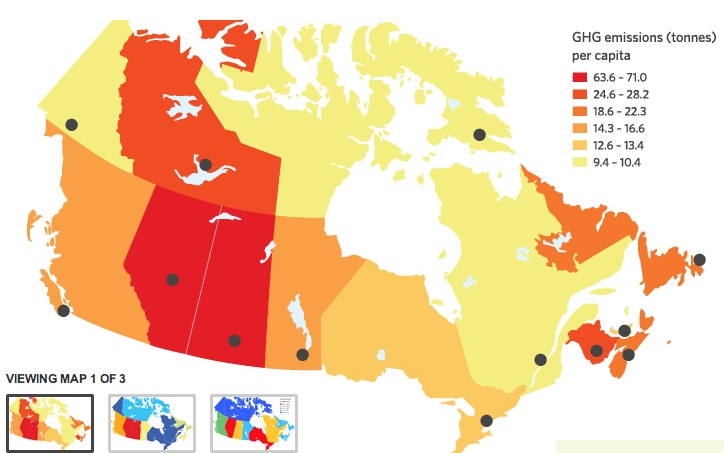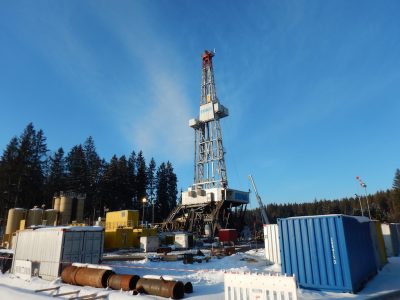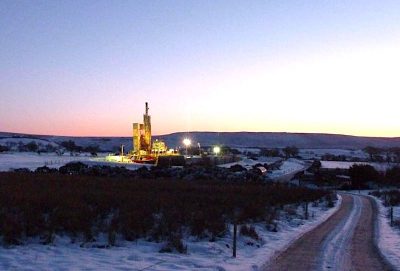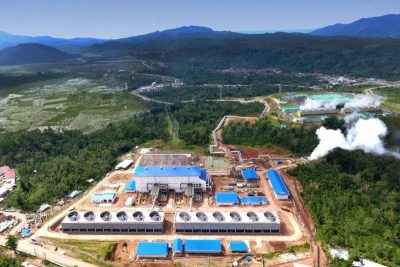Report Canadian climate change plans all over the map
In a new report Canadian David Suzuki Foundation reports on the various climate change plans of Canadian provinces and territories, pointing out the lack of sufficient federal support and insufficient efforts in Alberta and Saskatchewan.
A new report by the David Suzuki Foundation in Canada, looks at the different climate change efforts in the various provinces and territories in Canada.
The David Suzuki Foundation is a non-government foundation focused on environmental protection, climate change and nature conservation and a leading force in the Canadian climate change debate.
The recent report highlights the fact that indeed the provinces in Canada “are leading the way in the fight against climate change” and not the federal government.
“In the absence of significant national policies to combat climate change, some provinces are stepping in with their own plans and policies. But those plans vary widely, according to, “All Over the Map 2012: A Comparison of Provincial Climate Change Plans”, by the David Suzuki Foundation.
The report doesn’t rank any province as “Best” for its climate initiatives, but Quebec, Ontario and B.C. rank as “Very Good”, while Alberta and Saskatchewan rank as “Worst”.
“The report shows that stronger leadership from the provinces is crucial given the lack of effort from the federal government,” said David Suzuki Foundation climate change and clean energy specialist Ian Bruce. “Applying the best policies and practices of the provinces on a national scale would benefit human health and the environment and would also provide a level playing field for businesses.”
The report highlights the fact that Alberta and Saskatchewan remain at the bottom of the list of Canadian provinces and the main drivers of Canada’s rising emissions because of the “continued reliance on polluting fossil fuel industries.”
“Leading provinces are prioritizing clean-energy policies that Canadians recognize are vital in the transition from overuse of natural resources to a cleaner, more innovative economy,” Bruce said. “These provinces show that Canada could make progress and become a world leader in solving global warming if the federal government joined forces.”
The report points particular fingers towards the federal government, highlighting the fact that any federal programs – “even when they exist – are ineffective and are getting weaker.”
When one looks at the geothermal potential in Canada, the provinces of particular interest and with resource potential are British Columbia (BC), Alberta, Saskatchewan and the Northwest Territories and the Yukon.
Of those only BC is still considered to be “very good” in the ranking of climate change legislation and efforts, while the Northwest Territories and Yukon are ranked “fair” or “poor”. But the main issue here are the provinces of Alberta and Saskatchewan.
With its strong economic growth fueled by a growing oil sector, these provinces should be in the best position to support efforts on mitigating climate change and also could be considered in the need of it as they are also the largest emitters in Canada.
So hopefully pointed criticism of an association like the David Suzuki Foundation will help wake up politicians in those provinces to support renewable energy technologies. Geothermal energy is a valid option in those provinces and should be supported under wider support schemes.
Source: David Suzuki Foundation


















